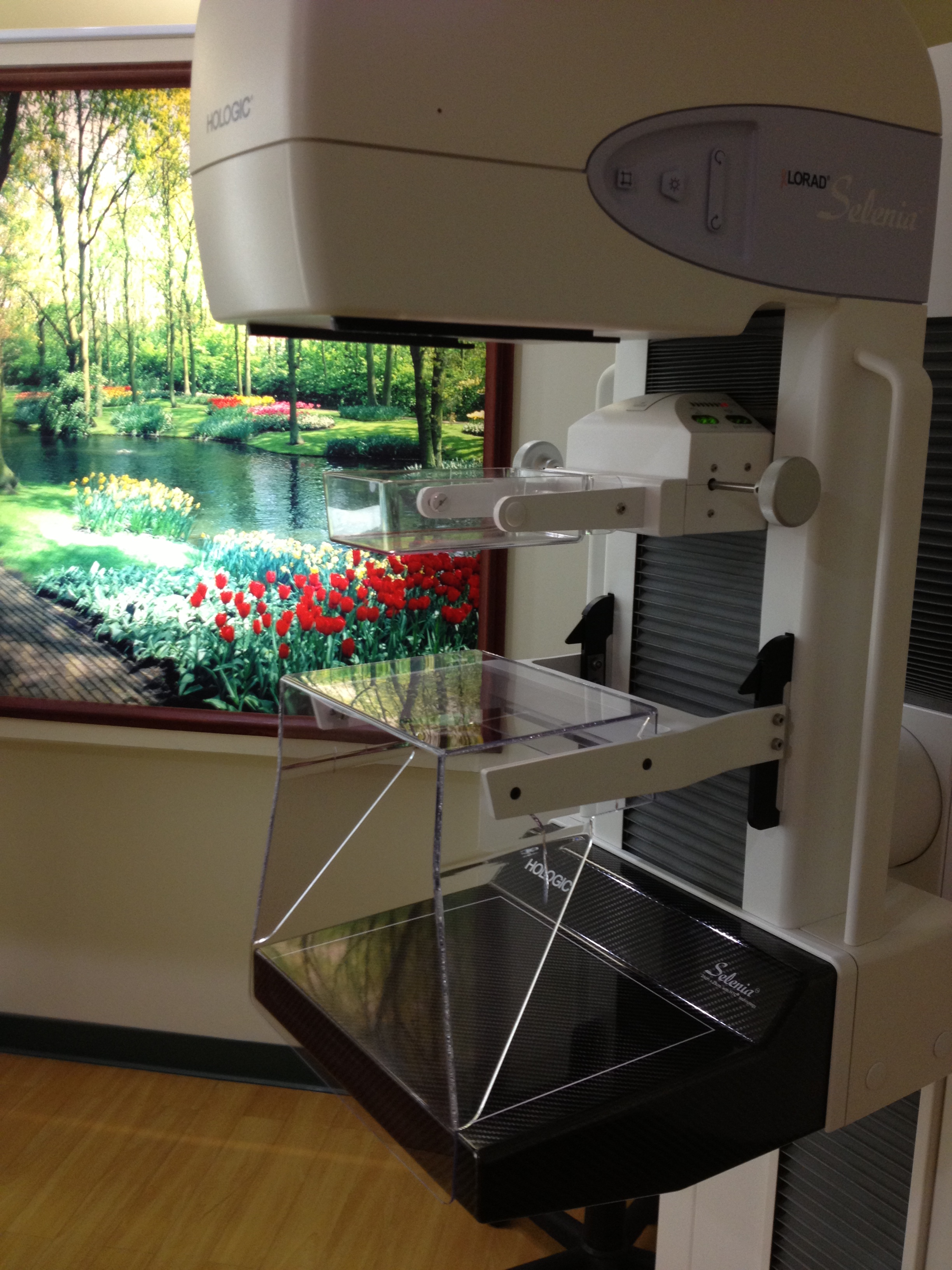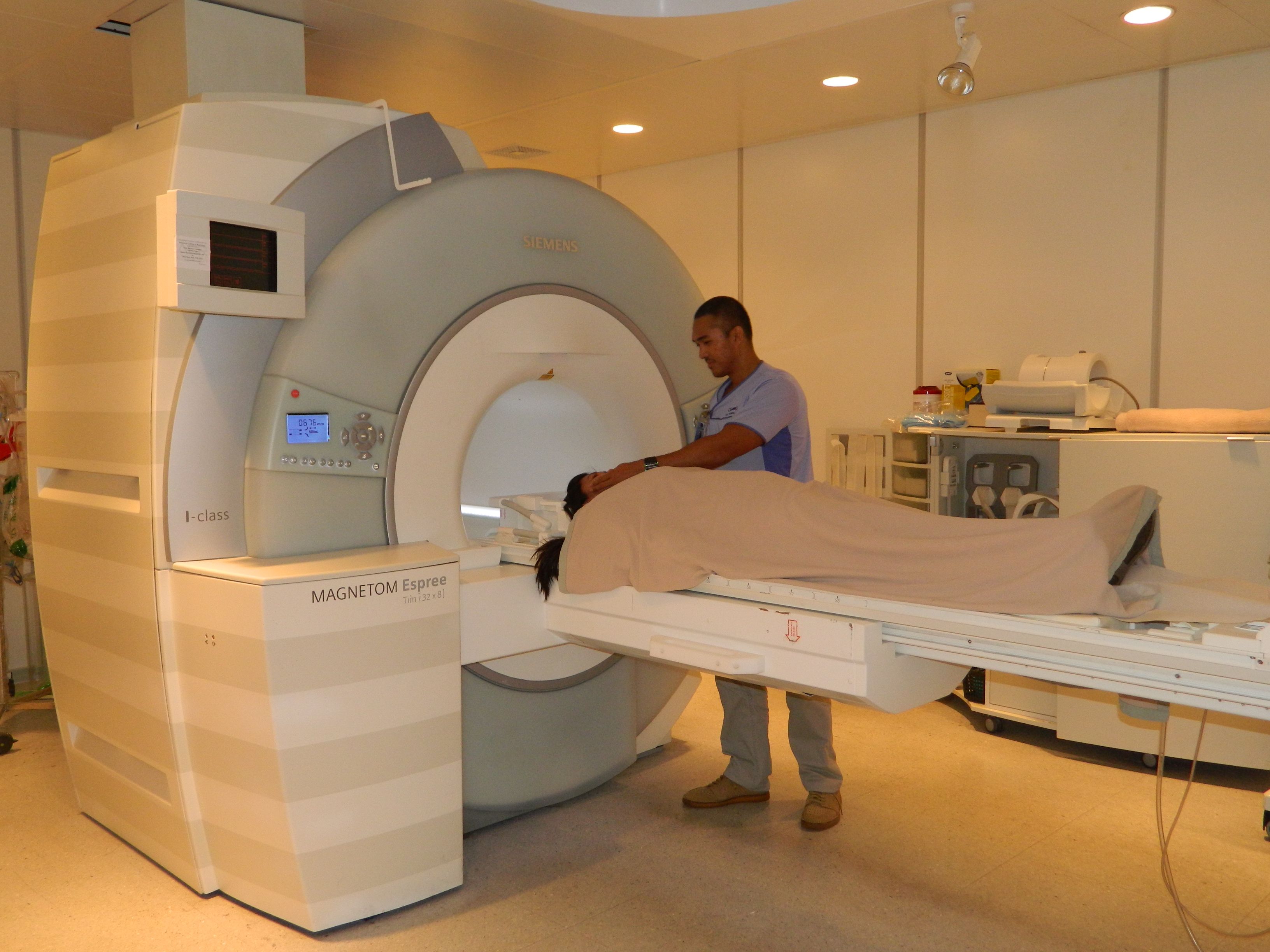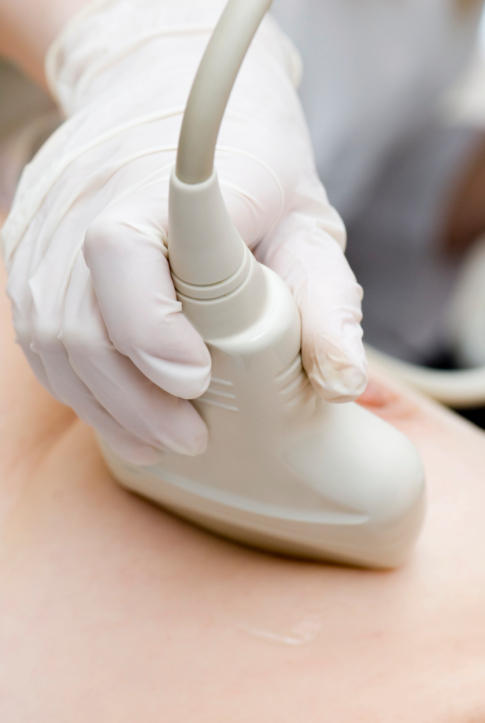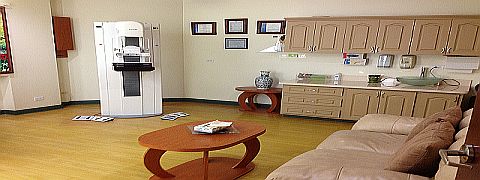 Lithotripsy is a medical procedure that uses shock waves to break up stones in the kidney, bladder, or ureter (tube that carries urine from your kidneys to your bladder). After the procedure, the tiny pieces of stones pass out of your body in your urine.
Lithotripsy is a medical procedure that uses shock waves to break up stones in the kidney, bladder, or ureter (tube that carries urine from your kidneys to your bladder). After the procedure, the tiny pieces of stones pass out of your body in your urine.
Description
Extracorporeal shock wave lithotripsy (ESWL) is the most common type of lithotripsy. "Extracorporeal" means outside the body.
You will wear a medical gown and lie on an exam table on top of a soft, water-filled cushion. You will be given a mild sedative or pain medicine before the procedure starts. You will also be given antibiotics before the procedure starts to prevent infection.
High-energy shock waves, also called sound waves, will pass through your body until they hit the kidney stones. You may feel a tapping sensation when this starts. The waves break the stones into tiny pieces. Often, you will be given general anesthesia for the procedure. You will be asleep and pain-free.
The lithotripsy procedure should take about 45 minutes to 1 hour.
A tube may be placed through your bladder or back into your kidney. This tube will drain urine from your kidney until all the small pieces of stone pass out of your body. The tube may be put in place before or after your lithotripsy treatment.
See also: Percutaneous urinary procedures
Why the Procedure is Performed
Lithotripsy is used to remove kidney stones that are causing:
Bleeding
Damage to your kidney
Pain
Urinary tract infections
Risks
Lithotripsy is usually safe. Ask your doctor about these possible complications.
Bleeding around your kidney, which may need a blood transfusion
Kidney infection
Pieces of the stone block urine flow from your kidney (this may cause severe pain or damage to your kidney)
Pieces of stone are left in your body (you may need more treatments)
Ulcers in your stomach or small intestine
Your kidneys may not work as well, or they may stop working, after the procedure
Before the Procedure
Always tell your doctor or nurse:
If you are or could be pregnant
What drugs you are taking, even drugs, supplements, or herbs you bought without a prescription
During the days before the surgery:
You may be asked to stop taking aspirin, ibuprofen (Advil, Motrin), warfarin (Coumadin), and any other drugs that make it hard for your blood to clot. Ask your doctor when to stop taking them.
Ask your doctor which drugs you should still take on the day of the surgery.
On the day of your procedure:
You will usually be asked not to drink or eat anything for several hours before the procedure.
Take the drugs your doctor told you to take with a small sip of water.
Your doctor or nurse will tell you when to arrive at the hospital.
After the Procedure
After the procedure, you will stay in the recovery room for up to about 2 hours. Most people are able to go home the day of their procedure.
See also: Lithotripsy - discharge
Outlook (Prognosis)
How well you do depends on the number of stones you have, their size, and where in your urinary system they are. Usually, lithotripsy completely removes the stones.
Alternative Names
Extracorporeal shock wave lithotripsy; Shock wave lithotripsy; Laser lithotripsy; Percutaneous lithotripsy; Endoscopic lithotripsy; ESWL
| Teleradiology | Women's Imaging Center |
|---|---|
|
At the GRC Women’s Imaging Center, we understand that women have unique healthcare concerns. We believe women deserve access to the specialized diagnostic services they need to prevent, detect and treat those ailments most common to them. GRC’s Women’s Imaging Center is designed to ensure that your specific health needs are addressed in a comprehensive and compassionate way. We have Guam’s most experienced women’s imaging team with Radiologists who have specialized in mammography as well as certified mammography, ultrasound and MRI technologists to ensure that your testing is accurate, comfortable and timely Read more... |
Contact Us
|
Guam Radiology Consultants |
Office Hours: Mon – Fri: 8AM – 6PM Sat: 8AM – 1PM |































